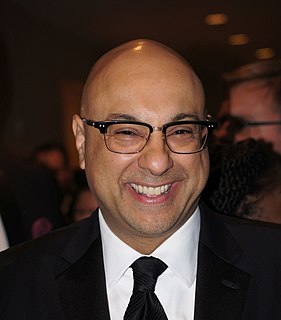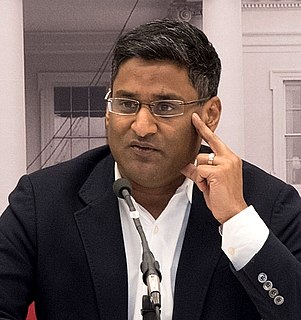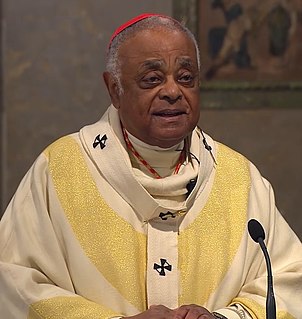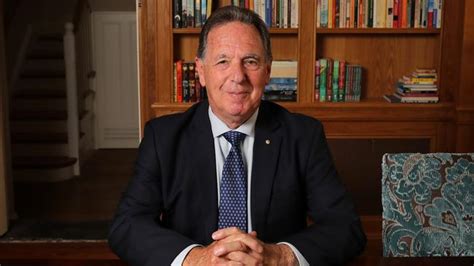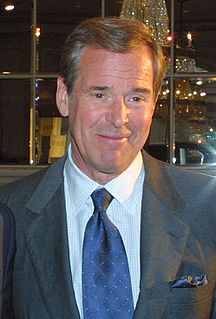A Quote by Rachel Maddow
If you're working on better conditions for prisoners, if you make that a popular issue and you invite mainstream media to weigh in on that subject, you're going to end up with a much more regressive public-policy environment than if you approach it in a quieter way. It's not because the public is stupid, it's just that people with only a cursory interest in something are going to have a knee-jerk reaction to it. That's impossible to explain in a cable-news media... it doesn't make sense.
Quote Topics
Approach
Because
Better
Cable
Conditions
End
Environment
Explain
Going
Impossible
Interest
Invite
Issue
Jerk
Just
Knee
Mainstream
Mainstream Media
Make
Make Sense
Media
More
Much
News
News Media
Only
People
Policy
Popular
Prisoners
Public
Quieter
Reaction
Sense
Something
Stupid
Subject
Than
Up
Way
Weigh
Working
Related Quotes
When you have success on the field, you're more popular and you have that fame that comes with it. You realize you're in the public eye more and you've got to be a little bit more careful about some of the things you're doing out in public and make sure you're smart about the things you say. You're still going to make mistakes from time to time, but you represent an even greater population and people are that much more looking for you to be in the wrong place at the wrong time or fall down or say something really stupid that's going to get you in trouble.
The weakness of cable news is that it chases its audience around. Your audience wants fast-paced, popular news. It needs real news. Cable news changes its stripes based on audience reaction. Viewers are reacting well to breaking news? You probably do more breaking news than you need to. The struggle is building something so that people will come to you, as opposed to constantly changing what you are because you're unsure of where the audience is.
Independent documentary isn't beholden to some of the interests that the mainstream media are influenced by. It's a pathway to renegade, independent reporting in an in-depth, investigative fashion, and it can do so with a compassionate lens; it allows people to speak in a way that is more human than the mainstream media approach.
Independent documentary isnt beholden to some of the interests that the mainstream media are influenced by. Its a pathway to renegade, independent reporting in an in-depth, investigative fashion, and it can do so with a compassionate lens; it allows people to speak in a way that is more human than the mainstream media approach.
I think blogging and the ability to instantaneously respond to news items has changed the way we approach all media. We're seeing people talking back to columnists, and going much further in the sexual realm than most papers, even alternative weeklies, will publish. I'm surprised more papers aren't having people do what you're doing with an online only column, and to be honest, I read almost all the media I do read online, and plenty of other people do, too, so I don't know what's stopping them.
I'm completely perplexed how someone who has most of the mainstream media for Hillary Clinton, well all the mainstream media, well most of the media for her, she's got a sitting president - a sitting First Lady far more popular than she'll ever supposed to be, a former president also her husband, the sitting vice president, a thousand people working in Brooklyn, she has all these states locked up and she can't crack 50% and stay there.
People tend to assess the relative importance of issues by the ease with which they are retrieved from memory—and this is largely determined by the extent of coverage in the media. Frequently mentioned topics populate the mind even as others slip away from awareness. In turn, what the media choose to report corresponds to their view of what is currently on the public’s mind. It is no accident that authoritarian regimes exert substantial pressure on independent media. Because public interest is most easily aroused by dramatic events and by celebrities, media feeding frenzies are common
I think there is a mainstream media. CNN is mainstream media, and the main, ABC, CBS, NBC are mainstream media. And I think it's just essentially to make the point that we are largely in the center without particular axes to grind, without ideologies which are represented in our daily coverage, at least certainly not on purpose.



